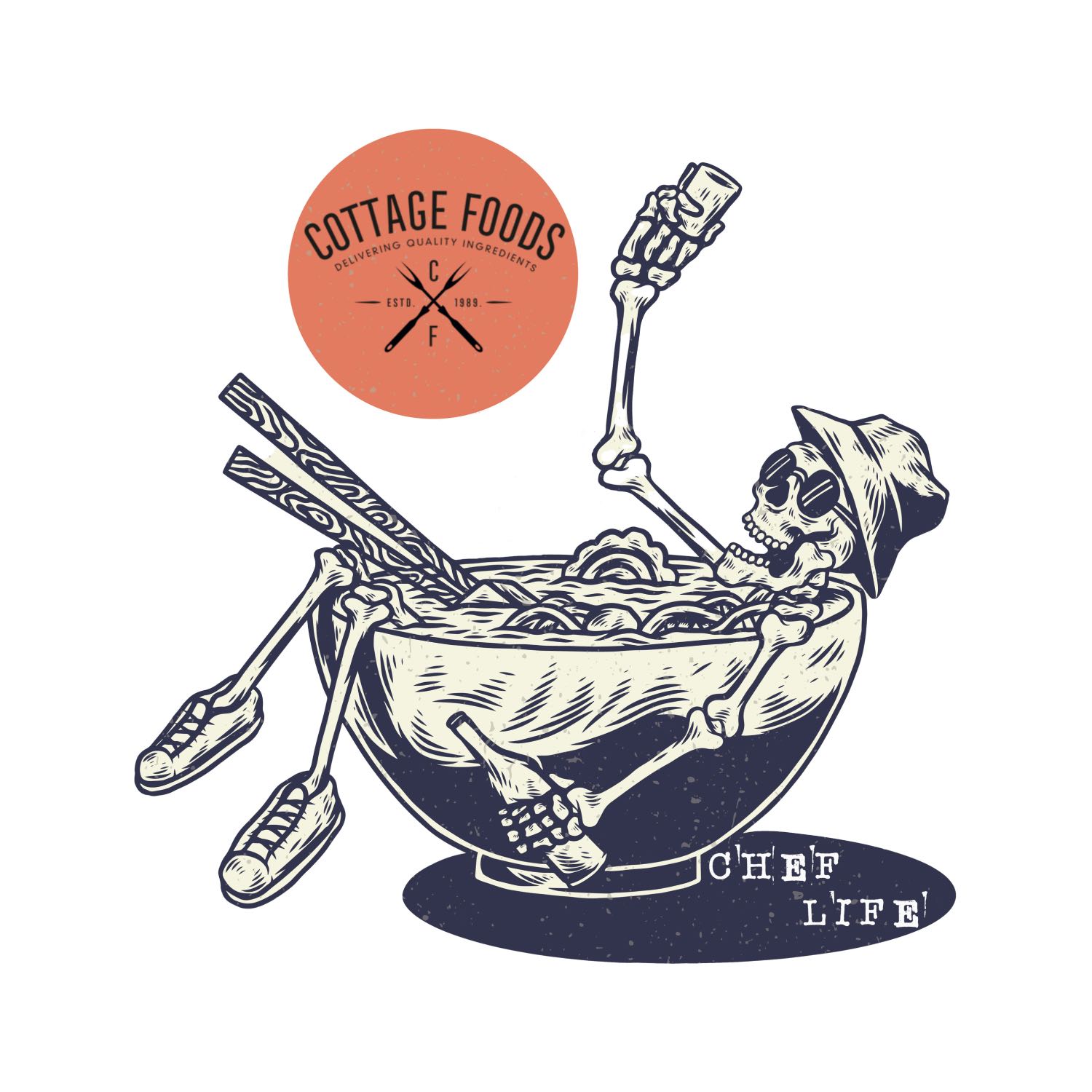- After-Shows
- Alternative
- Animals
- Animation
- Arts
- Astronomy
- Automotive
- Aviation
- Baseball
- Basketball
- Beauty
- Books
- Buddhism
- Business
- Careers
- Chemistry
- Christianity
- Climate
- Comedy
- Commentary
- Courses
- Crafts
- Cricket
- Cryptocurrency
- Culture
- Daily
- Design
- Documentary
- Drama
- Earth
- Education
- Entertainment
- Entrepreneurship
- Family
- Fantasy
- Fashion
- Fiction
- Film
- Fitness
- Food
- Football
- Games
- Garden
- Golf
- Government
- Health
- Hinduism
- History
- Hobbies
- Hockey
- Home
- How-To
- Improv
- Interviews
- Investing
- Islam
- Journals
- Judaism
- Kids
- Language
- Learning
- Leisure
- Life
- Management
- Manga
- Marketing
- Mathematics
- Medicine
- Mental
- Music
- Natural
- Nature
- News
- Non-Profit
- Nutrition
- Parenting
- Performing
- Personal
- Pets
- Philosophy
- Physics
- Places
- Politics
- Relationships
- Religion
- Reviews
- Role-Playing
- Rugby
- Running
- Science
- Self-Improvement
- Sexuality
- Soccer
- Social
- Society
- Spirituality
- Sports
- Stand-Up
- Stories
- Swimming
- TV
- Tabletop
- Technology
- Tennis
- Travel
- True Crime
- Episode-Games
- Visual
- Volleyball
- Weather
- Wilderness
- Wrestling
- Other
Salt: From the Kitchen to the Cosmos
Chapter 1:Summary of The Salt: A World History
"The Salt: A World History" is a book written by Mark Kurlansky that explores the significance of salt throughout human civilization. The book spans across different continents and historical periods, providing an in-depth examination of salt's impact on politics, economics, religion, and culture.
Kurlansky begins by showcasing the crucial role salt played in early societies, such as its use as a food preservative and currency. He then delves into the ancient civilizations of China, India, and Africa, highlighting their salt production techniques and trade routes.
The narrative also encompasses the Roman Empire, where salt became a symbol of power and wealth. The author discusses the construction of salt roads, known as Via Salaria, which allowed Rome to control and tax valuable salt resources.
Moving forward, Kurlansky examines the Islamic world and its advancements in salt production. He explores how the spread of Islam influenced the cultivation of salt, leading to new technologies and improved methods.
The book further explores Europe during the Middle Ages, where salt became a scarce resource. Kurlansky describes how this scarcity led to conflicts and wars over salt mines and trade routes.
Additionally, "The Salt" delves into the impact of salt on colonialism, including its role in the slave trade and the exploration of the Americas. It also addresses the emergence of new salt-based industries, such as salted fish and meat preservation.
The narrative concludes with a discussion on modern-day salt production and consumption, addressing both its benefits and potential health risks. Kurlansky emphasizes the continued importance of salt in contemporary society while highlighting the need for responsible usage.
Chapter 2:The Salt: A World History Author
Mark Kurlansky is an American author and journalist known for his works on various topics, especially history, food, and culture. He was born on December 7, 1948, in Hartford, Connecticut. Kurlansky has written numerous books that have gained critical acclaim and commercial success.
One of his notable works is "Cod: A Biography of the Fish That Changed the World" published in 1997. This book explores the historical significance of cod fishing and its impact on the world's economy, politics, and cultures. It delves into the rise and fall of cod fisheries and provides insights into the environmental consequences of overfishing.
Another well-known book by Kurlansky is "Salt: A World History" published in 2002. This book traces the history of salt and its influence on human civilization. From ancient times to modern days, it examines how salt has shaped economies, influenced trade routes, and affected cultural practices around the globe.
Kurlansky has also written about other diverse topics, such as oysters ("The Big Oyster"), paper ("Paper: Paging Through History"), and milk ("Milk!: A 10,000-Year Food Fracas"). His approach combines thorough research, storytelling, and a focus on the broader implications of seemingly mundane subjects.
Overall, Mark Kurlansky is a celebrated author who has engaged readers with his unique blend of history, food, and cultural commentary. His books offer thought-provoking perspectives on the interconnectedness of seemingly unrelated topics and shed light on the profound impact they have had on our world.
Chapter 3:Quotes From The Salt: A World History
"Salt is so common, so easy to obtain, and so inexpensive that we have forgotten that from the beginning








![A Pinch of Salt [SSL 287]](https://podyard.s3.amazonaws.com/upload/photos/2023/09/BhF6xIhHAENmPIlu6iOo_25_5720108025c55a21705fefd1cb89d799_image.jpg)



